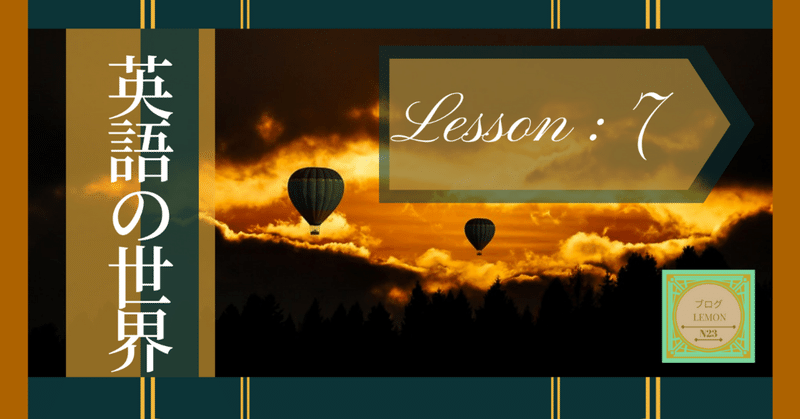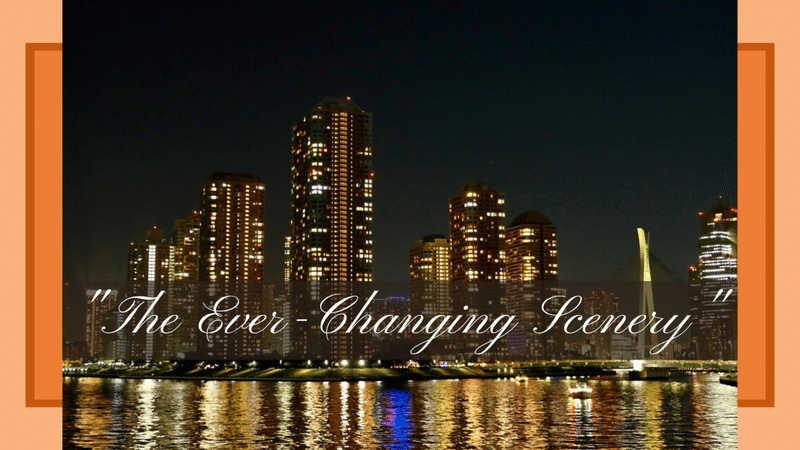
"言葉の中の可能性。"
Begin the journey to discoveries. 発見への旅を始めましょう。

I would like to introduce you to three English words you can begin using in everyday conversation. 日常会話で使い始めることができる3つの英語の単語を紹介したいと思います。
(Possible) (Contrast) (Limit)
(Possible=可能性)
(Contrast=対比)
(Limit=制限)
"These three words might sound rather familiar, but have you ever looked in great detail at each meaning they carry?" "これらの3つの単語はかなり馴染みがあるように聞こえるかもしれませんが、それらが持つそれぞれの意味を詳細に調べたことがありますか?"
This is exactly what I will introduce you to today. これがまさに今日紹介するものです。
Let's look at the word "possible" in a conversation. 会話の中で「possible」という言葉を見てみましょう。
"POSSIBLE"
"It is possible for a lemon tree to reach the height of 40cm within two years." In the Japanese translation, "possible" is represented by the word "可能性". "レモンの木は2年以内に40cmの高さに達する可能性があります。" 日本語訳では、「possible」は「可能性」という言葉で表されます。
The antonym (opposite meaning) of the word "possible" is "impossible". Just like in the movie "Mission Impossible". 「possible」という単語の反意語(反対の意味)は「impossible」です。 映画「ミッション・インポッシブル」のように。
"CONTRAST"
"The contrast in the colours of this painting makes a magnificent sight." "この絵の色のコントラストは素晴らしい光景を作ります。"
Most commonly, in Japanese, the English word "contrast" is already used directly as "contrast". But, let's look at the meaning once more.
In most situations, this word would be used to say there are two or more things which are different. 最も一般的には、日本語では、英語の単語「contrast」はすでに「contrast」として直接使用されています。しかし、もう一度意味を見てみましょう。
ほとんどの場合、この単語は、異なるものが2つ以上あることを示すために使用されます。
"LIMIT"
Now, let's see the word "limit" in a conversation.
Every day has a limit to how much one can do within that time, which is exactly why one must do everything one can when it can be done. それでは、会話の中で「limit」という言葉を見てみましょう。
毎日、その時間内にできることには限界があります。そのため、できるときにできることはすべてやらなければなりません。
In this Japanese sentence, "limit" is represented by the word "限界". The opposite word of "limit" is "limitless".
The "less" added to the back of the word changes the meaning into one that means there is no limit. この日本語の文では、「limit」は「限界」という単語で表されます。「limit」の反対の言葉は「limitless」です。
単語の後ろに追加された「less」は、意味を制限がないことを意味するものに変更します。
One may say the possibilities of what can be written on a paper is limitless.
While others would argue there is a limit, but that is where the contrast is. In these two sentences, every featured word was used.
Just like this, I believe, you can incorporate these newly acquired words into your daily life. 紙に書くことができるものの可能性は無限であると言うかもしれません。
他の人は限界があると主張するでしょうが、それは対照的なところです。
これらの2つの文では、すべての注目の単語が使用されました。
このように、新たに身につけた言葉を日常生活に取り入れることができると思います。

If you are interested in more English phrases and words, you can find them here at "blog_lemon".
Posting new articles everyday.
もっと英語の言葉や単語に興味がある方は、「blog_lemon」でご覧いただけます。
毎日新しい記事を投稿しています。
"続けましょう!"

この記事が気に入ったらサポートをしてみませんか?
